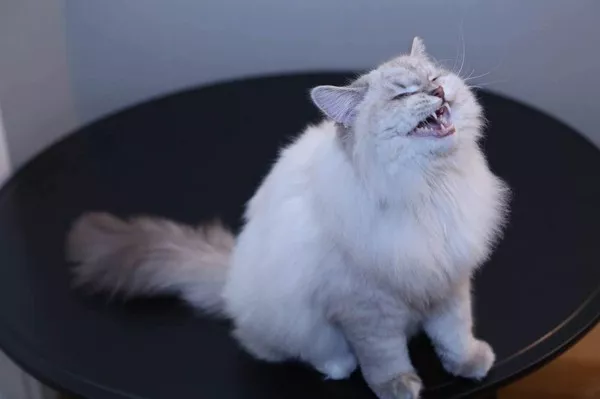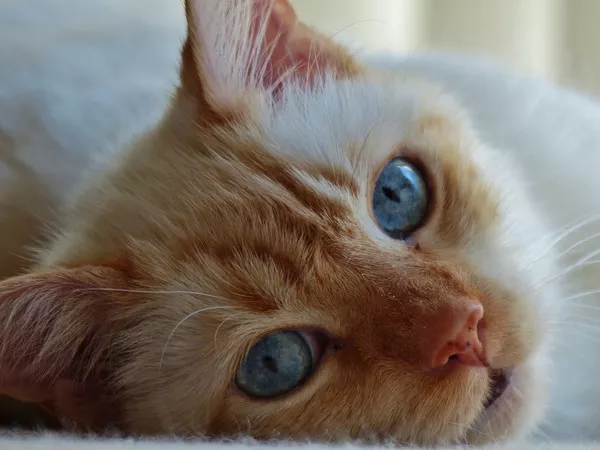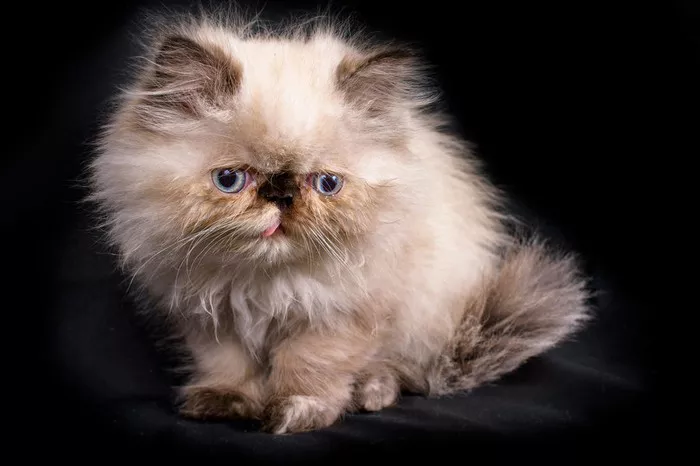The Maine Coon cat, with its large size, tufted ears, bushy tail, and friendly disposition, is a beloved breed renowned for its beauty, intelligence, and affectionate nature. Originating from the northeastern United States, the Maine Coon has captured the hearts of cat enthusiasts around the world with its majestic appearance and gentle demeanor.
In this article, we delve into the costs associated with feeding a Maine Coon cat, exploring the dietary needs, feeding options, and budget considerations for providing optimal nutrition to these magnificent feline companions.
Understanding the Nutritional Needs of Maine Coon Cats
The Importance of High-Quality Nutrition
Maine Coon cats, like all feline companions, require a balanced and nutritious diet to support their overall health and well-being. As a large and active breed, Maine Coons have specific dietary needs that differ from those of smaller cat breeds. Providing them with high-quality nutrition is essential for promoting optimal growth, development, and longevity.
Key Nutrients for Maine Coon Cats
Protein: Maine Coon cats require a diet rich in animal-based protein to support their muscular build and energy needs. Look for cat foods with high-quality sources of protein, such as chicken, turkey, fish, and beef.
Taurine: Taurine is an essential amino acid for cats that plays a crucial role in maintaining heart health, vision, and reproductive function. Ensure that your Maine Coon’s diet contains adequate levels of taurine to support their overall health.
Omega-3 Fatty Acids: Omega-3 fatty acids, found in fish oil and other marine sources, are beneficial for promoting healthy skin and coat, reducing inflammation, and supporting joint health in Maine Coon cats.
Exploring Feeding Options for Maine Coon Cats
Commercial Cat Food
Commercial cat food is a convenient and widely available option for feeding Maine Coon cats, offering a range of formulas tailored to their specific life stages, dietary preferences, and health needs. Look for cat foods labeled as “complete and balanced” to ensure they meet the nutritional requirements established by organizations such as the Association of American Feed Control Officials (AAFCO).
Dry vs. Wet Cat Food
Maine Coon cats can be fed a combination of dry and wet cat food to provide variety and ensure they receive adequate hydration. Dry cat food is convenient and can help maintain dental health, while wet cat food provides additional moisture and can be more palatable for cats with sensitive stomachs or dental issues. Consider offering a mix of both types of cat food to meet your Maine Coon’s dietary needs and preferences.
Raw and Homemade Diets
Some Maine Coon owners choose to feed their cats raw or homemade diets, believing that these diets offer greater control over ingredient quality and nutritional content. However, it’s essential to consult with a veterinarian or feline nutritionist before transitioning your Maine Coon to a raw or homemade diet to ensure it meets their specific nutritional requirements and to minimize the risk of nutrient deficiencies or foodborne illness.
Calculating the Costs of Feeding a Maine Coon Cat
Monthly Food Expenses
The monthly cost of feeding a Maine Coon cat can vary depending on factors such as the type of cat food, brand, quality, and quantity consumed. On average, Maine Coon owners can expect to spend anywhere from $20 to $50 per month on commercial cat food for a single cat, with costs potentially higher for specialty or prescription diets.
Annual Food Expenses
Annually, the cost of feeding a Maine Coon cat can range from $240 to $600 or more, depending on the factors mentioned above. Keep in mind that additional expenses may arise for treats, supplements, or specialty diets, which can further impact your annual food budget for your Maine Coon.
Lifetime Food Expenses
Over the course of a Maine Coon cat’s lifetime, the total cost of food can add up significantly. With an average lifespan of 12 to 15 years or more, Maine Coon owners can expect to spend thousands of dollars on food alone throughout their cat’s lifetime. Budgeting for long-term food expenses is essential for ensuring that your Maine Coon receives consistent and high-quality nutrition throughout their life.
Tips for Budgeting and Saving on Maine Coon Cat Food Costs
Buy in Bulk
Purchasing cat food in bulk can help reduce costs over time, as larger quantities often come with lower unit prices. Look for bulk-buying options at pet stores or online retailers to save money on your Maine Coon’s favorite foods.
Compare Prices
Compare prices across different brands and retailers to find the best deals on Maine Coon cat food. Keep an eye out for sales, promotions, and discounts to maximize savings while still providing your cat with nutritious and high-quality food.
Consider Subscription Services
Subscription services offer convenient and cost-effective options for regularly purchasing Maine Coon cat food.
Many pet food companies offer subscription programs that provide discounts, free shipping, and automatic deliveries, making it easier to budget for and manage your cat’s food expenses.
Conclusion: Prioritizing Nutrition for Maine Coon Cats
Investing in Your Cat’s Health and Well-Being
In conclusion, providing optimal nutrition to Maine Coon cats is essential for supporting their overall health, vitality, and longevity. By understanding their specific dietary needs, exploring different feeding options, and budgeting for food expenses, Maine Coon owners can ensure that their beloved feline companions receive the nourishment they need to thrive.
A Lifetime of Nourishment and Care
Feeding a Maine Coon cat is not just a financial investment but also an investment in their health, happiness, and well-being. By prioritizing nutrition and making informed choices about their diet, Maine Coon owners can enjoy a lifetime of companionship and joy with their majestic and beloved feline companions


























